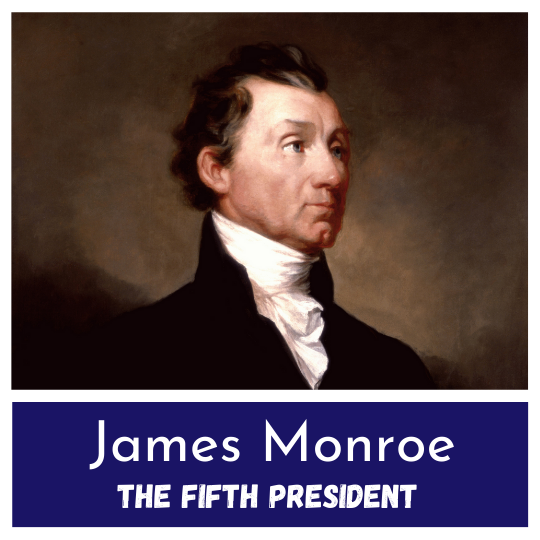Rufus King was a Constitution Signer and the most prominent Federalist during the waning days of the party.
Josiah Hornblower Makes Things Steamy
Josiah Hornblower brought steam power to American for the first time.
Federal Farmer XI - Comfortable Senators
In Federal Farmer XI an Anti-Federalist author recommends changes to the US Senate.
Lyman Hall Doesn't Wait For Georgia
Lyman Hall was the first person from Georgia to attend the Continental Congress.
John Mathews Governs South Carolina's Post-War Transition
John Mathews was a signer of the Articles of Confederation and Governor of South Carolina.
John Bubenheim Bayard and the Pennsylvania Board of War
John Bubenheim Bayard was a merchant in Pennsylvania who supported the War of Independence in a variety of ways.
Andrew Adams Acts As A Sounding Board
Andrew Adams was a signer of the Articles of Confederation.
7 Important Events In James Monroe's Life
James Monroe was one of the few Founding Fathers (and people in general) who achieved the office of President of the United States of America.
Samuel Finley and the West Nottingham Academy
Samuel Finley was an important educator in the years leading up to the American Revolution and as such grew the minds of many future Founders.
Federal Farmer X - State Powers
Federal Farmer X is an Anti-Federalist Paper that questions the role of the State Governments under the US Constitution.
William Woodford Wins the First Battle in Virginia
William Woodford was a lifelong military man who rose to the rank of Brigadier General in the Continental Army.
Robert Hanson Harrison - Revolutionary Chief of Staff
Robert Hanson Harrison acted as General Washington’s personal secretary for the first half of the Revolutionary War.
Richard Cary Escorts Mrs. Washington to New York
Richard Cary was a little-known aide-de-camp to General Washington during the early days of the Revolutionary War.
Caleb Gibbs and Washington's Life Guards
During the American Revolution, the need to protect George Washington's life and possessions was no secret. That duty fell to Caleb Gibbs.
David Brearley and the Committee on Postponed Parts
David Brearley headed one of the most important Committees in the Constitutional Convention, hashing out difficult issues which were repeatedly tabled by the Committee of the Whole.
Nathaniel Gorham and the Committee of the Whole
Nathaniel Gorham was Chairman of the Committee of Postponed Parts at the Constitutional Convention, overseeing some of the most important conversation during the creation of the United States.
Federal Farmer IX - Diluting Power
Federal Farmer IX is an Anti-Federalist Paper which focuses on types of politicians and the number of Representatives under the Constitution.
Kate Barry Brings Warning
Kate Barry rode to give the Continental Army information which helped turn the tide of the Revolutionary War.
Preaching Abolition - Lemuel Haynes Breaks Barriers
Lemuel Haynes was the first Black man to be licensed as a preacher in the early United States..
The Camillus Defense - Hamilton Stands By Jay's Treaty
Alexander Hamilton wrote 'The Defence' in support of the Jay Treaty under the pen name Camillus.



















